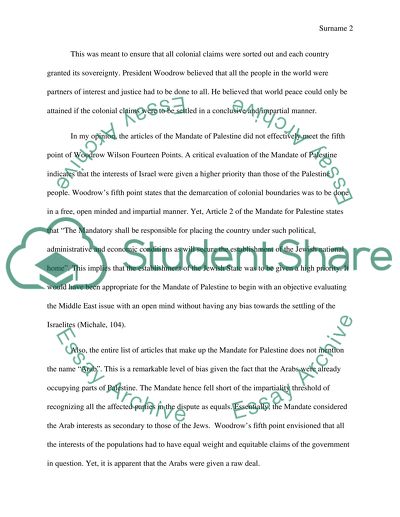Cite this document
(“World History. The Mandate for Palestine is an historical League of Essay”, n.d.)
Retrieved from https://studentshare.org/history/1464566-world-history-second-take-home-exam
Retrieved from https://studentshare.org/history/1464566-world-history-second-take-home-exam
(World History. The Mandate for Palestine Is an Historical League of Essay)
https://studentshare.org/history/1464566-world-history-second-take-home-exam.
https://studentshare.org/history/1464566-world-history-second-take-home-exam.
“World History. The Mandate for Palestine Is an Historical League of Essay”, n.d. https://studentshare.org/history/1464566-world-history-second-take-home-exam.


